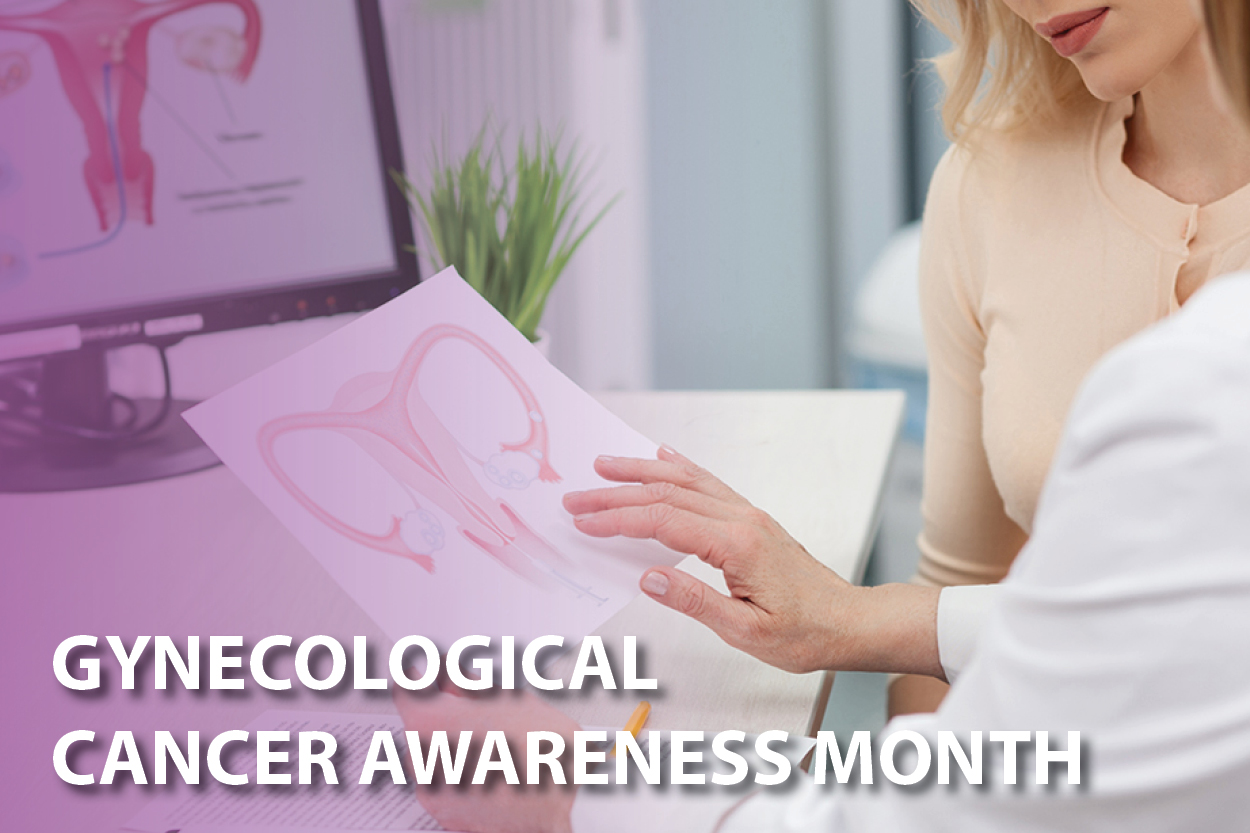Understanding Gynecological Cancers
In September, we observe Gynecological Cancer Awareness Month, an essential time to learn about cancers that impact women worldwide. These cancers fall into five types: cervical, ovarian, uterine/endometrial, vaginal, and vulvar cancer. Medical professionals, including clinicians and OB/GYNs, stress the importance of recognizing your body's norms and being watchful for potential symptoms.
Gynecological cancers have significant health implications for women. They can lead to severe issues and, in some cases, even be fatal. However, we have strong tools to fight back: prevention, early detection, and timely treatment.
Regular visits to your gynecologist are one of the best defenses against gynecological cancers. Early detection acts like a superhero, catching issues before they worsen. Some gynecological cancers, like cervical and uterine cancers, often have early stages that can be treated with success.
Can gynecological cancers be prevented? To an extent, yes. Childhood HPV vaccination significantly reduces cervical cancer risk. Regular screenings, like Pap tests, identify early signs of cervical cancer. For those with certain genetic mutations, close monitoring and preventive steps can reduce ovarian and other cancer risks. Staying informed about these risks and taking proactive measures can prevent gynecological cancers.
Knowing symptoms is vital. These include light bleeding between periods, heavy menstrual bleeding, back/pelvic pain, loss of appetite, unusual vaginal discharge, and painful urination. These symptoms are often overlooked. Gynecological Cancer Awareness Month sheds light on these silent illnesses, helping us understand symptoms and act.
While no single test covers all gynecological cancers, regular screenings and discussions with healthcare providers (clinicians or OB/GYNs) raise awareness and catch symptoms early. Armed with knowledge, we can take control of our well-being.

